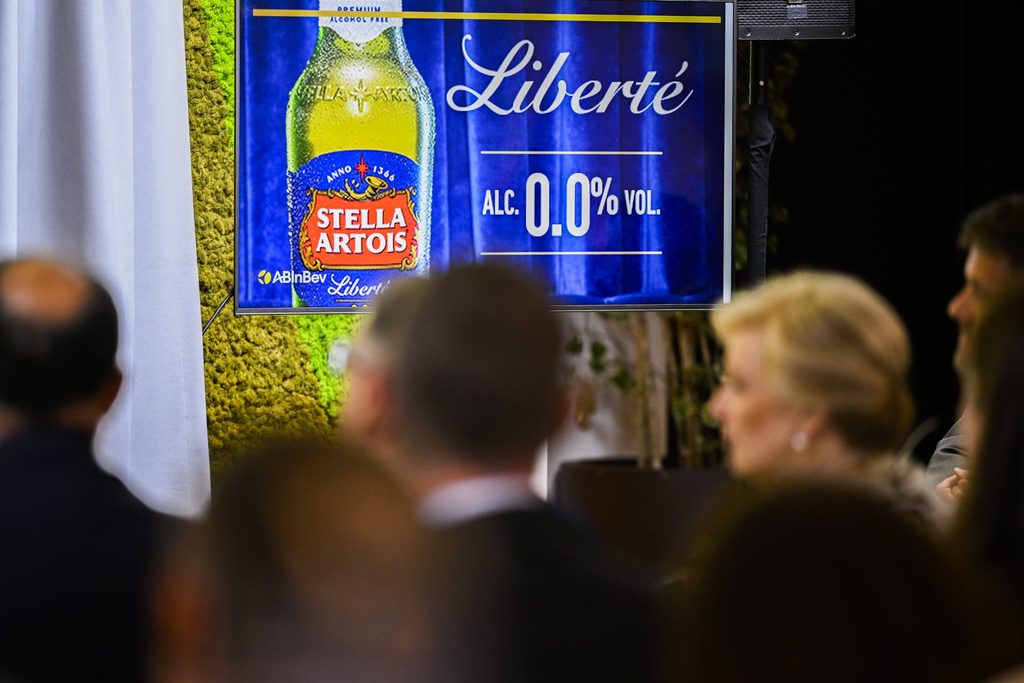Belgian-American beverage giant AB InBev is investing in its Belgian breweries to upscale the production of its alcohol-free beers, L'Echo reports.
The company will invest €31 million in its Leuven, Leeuw-Saint-Pierre and Hoegaarden breweries. A large proportion of the money will go to machines used to make alcohol-free beers.
By 2025, the world's largest brewer aims to make a fifth of its global sales from low-alcohol and alcohol-free beers. Last year, however, only 6% of its sales came from beers with less than 3.5% alcohol.
With the €31 million, the company will also buy new washing lines for glass bottles, equipment for stacking beer on pallets, and machines for applying labels.
AB InBev will invest in machines to produce its non-alcoholic Corona beer. Named 'Corona Cero', this beer was launched last year in ten European countries. Overall the company brews seven of its 30 alcohol-free beers on its Belgian sites, which are among its largest plants producing alcohol-free beer.
AB InBev has produced alcohol-free beer in Leuven since 2016. The Leuven laboratory has developed a new process for brewing non-alcoholic beers, which is now meant to usher in "a new generation of 0.0% beers", L'Echo reports. The new technique involves brewing a regular beer and then extracting the alcohol using a vacuum.
Related News
- Trans influencer says AB InBev has not contacted her since Bud Light controversy
- Belgian beer increasingly not 'made in Belgium'
- A sobering look at beer’s new trend
Previously, non-alcoholic beer was made by ending the brewing process before alcohol would form. This does alter the taste, however, so the beer giant therefore aims to fix this with the new technique pioneered by the Leuven lab.
Researchers have found that brewing an even stronger beer before the alcohol is extracted leaves the 0.0% variety with a better flavour.

